
AnalysisChurch of Holy Sepulchre Crisis: Israel Burns Its Bridges With the Christian World
Decision makers have continually ignored the political, religious and diplomatic sensitivities when trying to solve problems that concern Jerusalem's Christian community
The Church of the Holy Sepulchre in the Old City of Jerusalem is a place that runs to the beat of the Middle Ages and according to an uncompromising series of rules set in the mid-19th century. One of the unwritten traditions is a continual dispute between the three churches that run it: Catholic, Greek Orthodox and Armenian.
Knowing all this, the incident that occurred on Sunday was a historic event. The heads of three communities, the Greek Orthodox patriarch, the Armenian patriarch and the Catholic custodian of the Holy Land, met at the entrance to the church. They cleared the place of tourists and had the heavy doors shut. Large signs, printed up ahead of time, were hung outside with images of the church’s two enemies: Jerusalem Mayor Nir Barkat and Knesset member Rachel Azaria of Kulanu. At the top was written, “Enough is Enough.”
The protest came in response to two recent major steps. One was Barkat’s decision to end the municipal tax exemption for church-owned properties in Jerusalem and to put liens on the churches’ bank accounts for the tax debts. The second was a bill sponsored by Azaria that would allow the expropriation of lands sold by churches to private buyers. It was on Sunday’s agenda for a Knesset committee that decides whether or not the governing coalition will support legislation.

The churches’ action on Sunday shows that they are in an impossible situation, with pressure from all sides: Israel, their Palestinian faithful, church institutions, pilgrims and their sponsor countries (Jordan, Greece, Armenia and the Vatican). Decision makers continually ignore the political, religious and diplomatic sensitivities when they try to solve problems that concern the churches.
According to the churches, the agreement that had allowed the churches not to pay municipal taxes existed since Ottoman times, and British, Jordanian and Israeli governments have all honored it. They say the move to collect the taxes is part of Barkat’s fight against the national government and Finance Minister Moshe Kahlon over the city’s budget. Meanwhile, the mayor maintains that the agreement on taxes only applies to houses of worship and not commercial properties owned by the churches.
Between the taxes and the legislation put forward by Azaria, it’s the latter that has church leaders worried the most. According to the proposed law, the government would be able to expropriate land that had been church-owned and was sold to private real estate companies. The law discriminates against the churches compared to other institutions or private citizens. (A relevant question is what Israel would say if such a move was taken in another country for synagogue-owned property.) Furthermore, it would be applied retroactively.
The law would force the churches to pay for the failures of the Jewish National Fund and the Israel Lands Administration. To understand their missteps, one must look no further than the land deal in Jerusalem’s Rehavia neighborhood, which was developed in the first half of the 20th century. At the time, churches leased lands in Rehavia and other neighborhoods to the JNF for 99 years.

In the Rehavia sale, which is rocking the lives of 1,300 families, a private company bought the lease rights to 500 dunams (125 acres) of land in the heart of Jerusalem for 200 years for only 78 million shekels ($22.3 million). If the government had acted in a smarter fashion, it could easily have bought the rights to this land for a similar amount – small change considering the size of the area and its importance. It could have made part of the money back from residents and businesses extending their leases. But those in charge didn’t act, paving the way for private developers to enter the picture.
Once the 99-year lease is over, instead of having the JNF renew it almost automatically for a symbolic fee, the land will be transferred to the private company. Residents who live in buildings affected by the sale will need negotiate with private developers over what will happen to their homes, which have already lost as much as half of their value.
If the law passes, no one will want to do business with the churches, because who wants to buy land that can be expropriated tomorrow?
Anyone dealing with this law – including those who drafted it – knows very well that it has no chance of passing at the Knesset in its present form. It violates so many constitutional principles that it is a perfect case for being annulled by the Supreme Court. The law is intended to be a threat for real estate developers and speculators, so they reach a deal with the government. But in the meantime, the question is whether this is the way Israel wants to communicate with the Christian world.

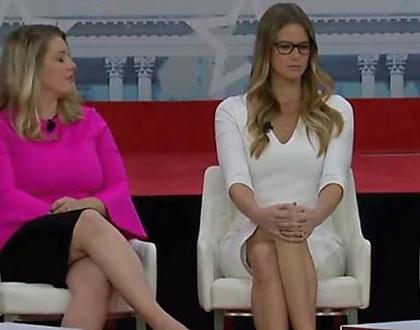
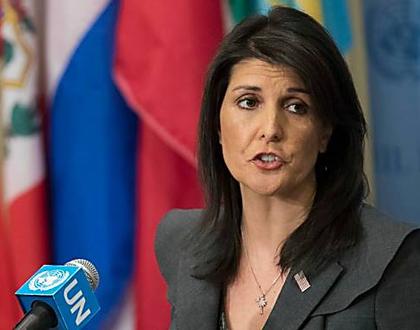
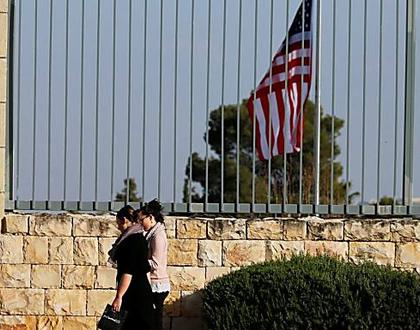


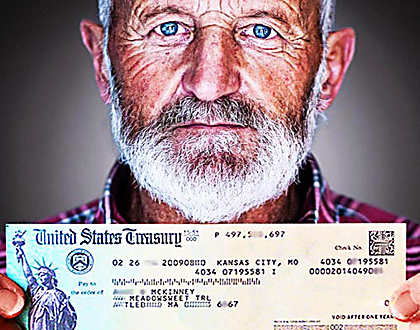


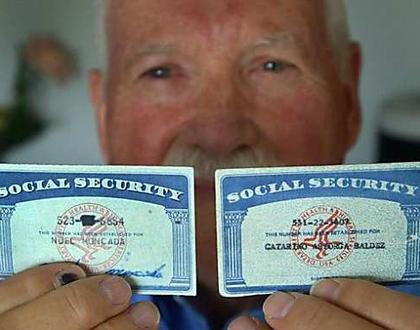

amazing
Looks like they are envious of the fate of Christians (Greeks, Armenians, Assyrians, Copts, etc) under Muslim rule. Need we remind them of what happened and is still happening in Turkey, Egypt, Syria, Iraq, Pakistan, Gaza, Bethlehem, etc?